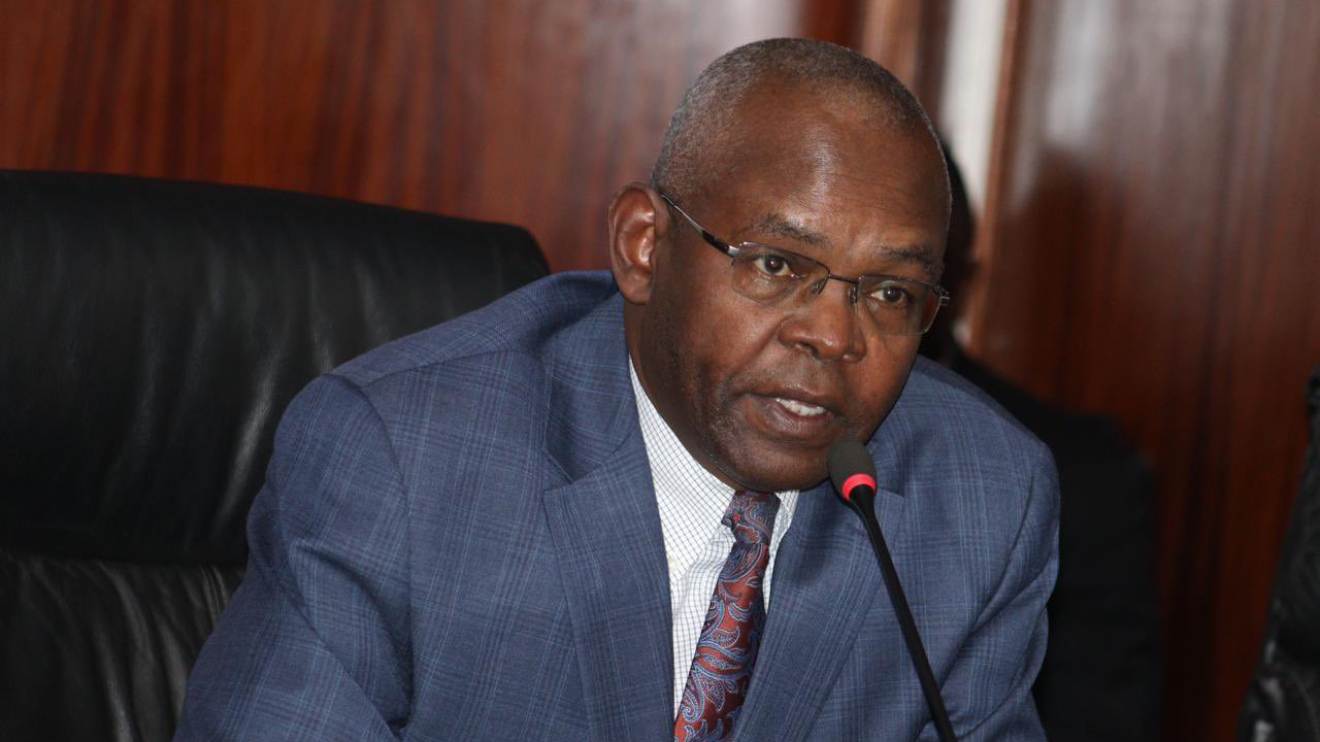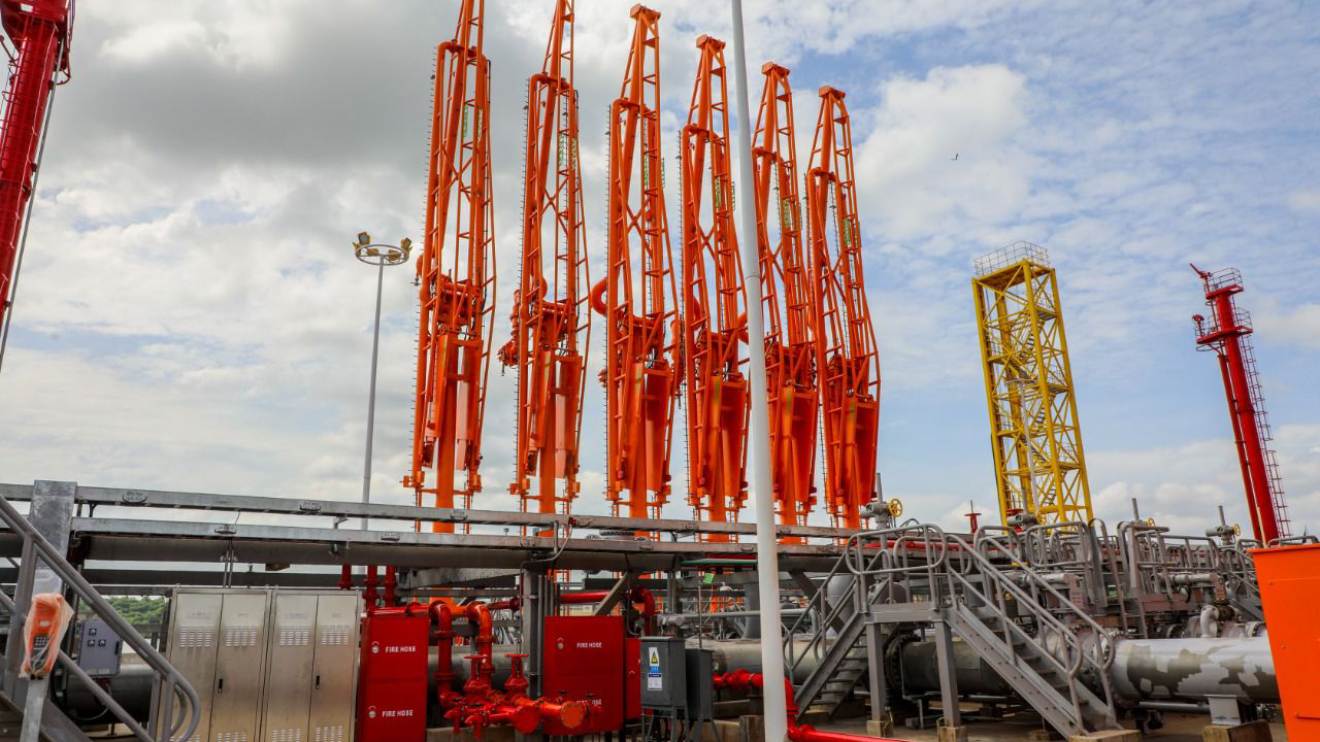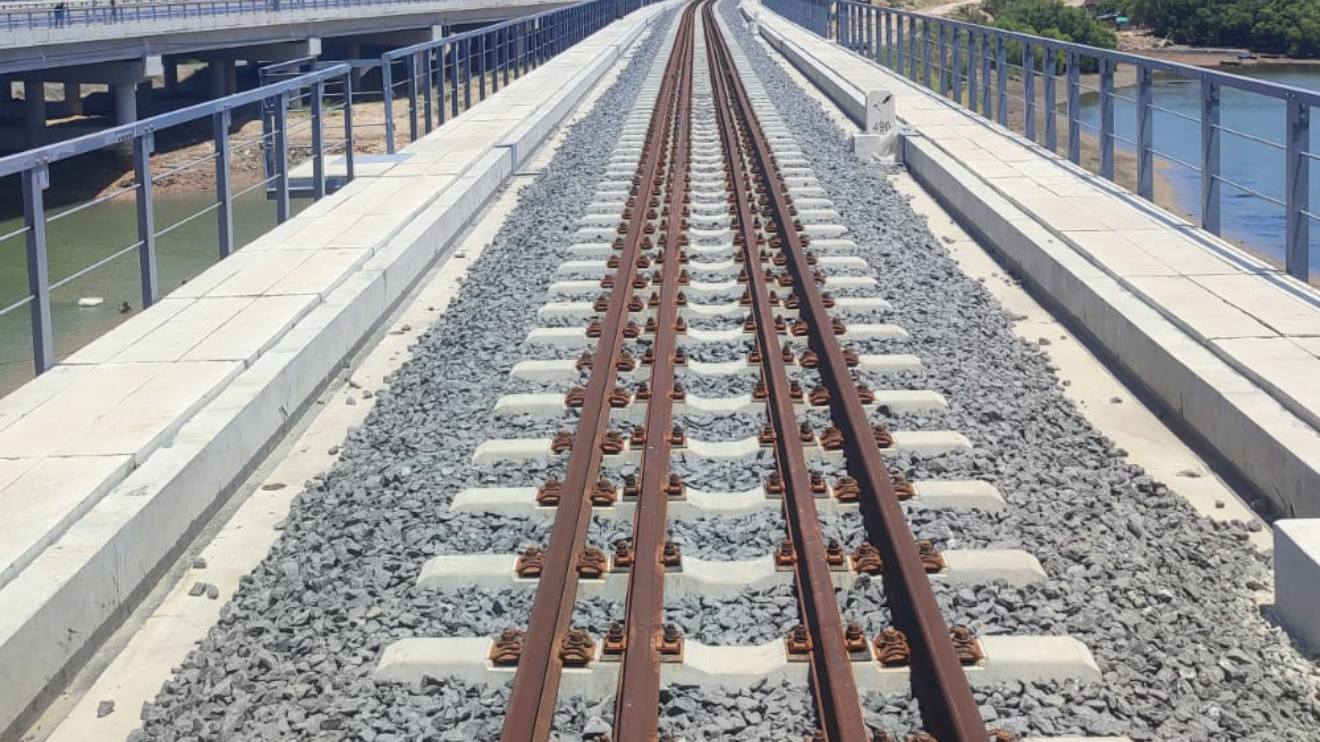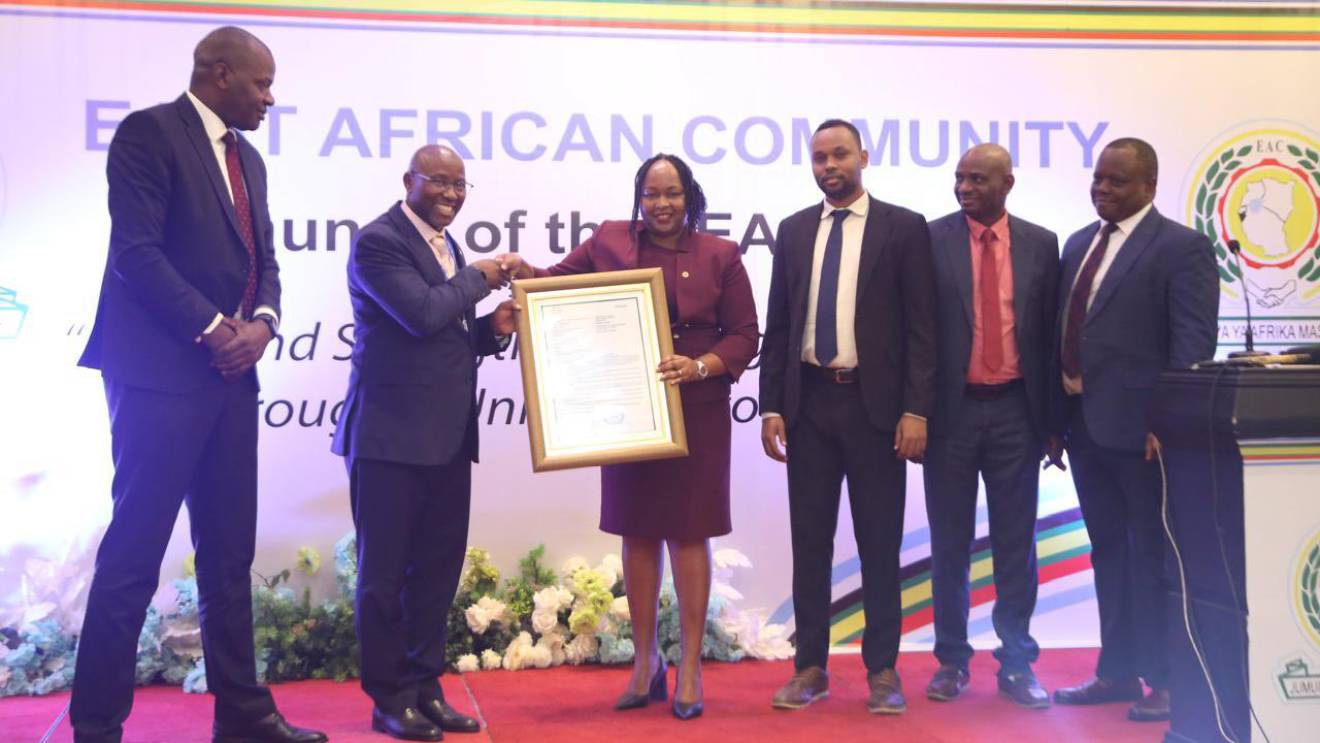Kenya has rolled out a national household survey to track how families are sending and receiving remittances, following a record-breaking Sh666.7 billion in cross-border inflows in 2024, amounting to 4 per cent of the country’s Gross Domestic Product (GDP).
The exercise, running between July and September 2025, is being spearheaded by the Central Bank of Kenya (CBK) in partnership with the Kenya National Bureau of Statistics (KNBS) and Financial Sector Deepening Kenya (FSD Kenya).
It marks the first time that remittance data will be gathered directly from households, rather than relying solely on figures reported by banks and money transfer firms.
CBK explained the scope of the survey, stating that the support under review includes both financial and non-financial transfers sent across borders with no requirement for repayment.
“Remittances are support received by households in Kenya from households outside Kenya. The support is received in form of money (cash) and/or in-kind (non-cash) without requiring the recipient to provide a corresponding item of economic value (good or service)," CBK stated.
Read More
"Remittances also include support sent by households in Kenya to non-resident households outside Kenya."
While the CBK already tracks money entering the country through formal channels like commercial banks, mobile money platforms, and authorised money transfer operators, the new survey aims to uncover what has so far remained invisible—informal transactions and in-kind contributions.
Authorities hope the data will shed light on the scale, purpose, cost, and challenges involved in cross-border remittance flows.
“With remittance transactions growing in importance, it is imperative that accurate and comprehensive data is collected on remittance flows,” said CBK.
“The 2025 RHS therefore represents a major step towards improved data on remittances and will collect valuable information on the amount, uses, cost and the challenges that will inform policy formulation including those related to supporting the remittance flows.”
Households that have either sent or received cross-border support will be visited by trained field personnel during the three-month period.
The Central Bank is calling on selected families to take part in the exercise in good faith, saying their involvement is essential.
“Given the importance of this exercise, we appeal to the selected households to cooperate and support the survey field staff,” CBK urged.
The findings are expected to enhance Kenya’s policy on diaspora engagement and financial inclusion, particularly at a time when remittances have overtaken traditional exports such as tea and tourism in importance.









